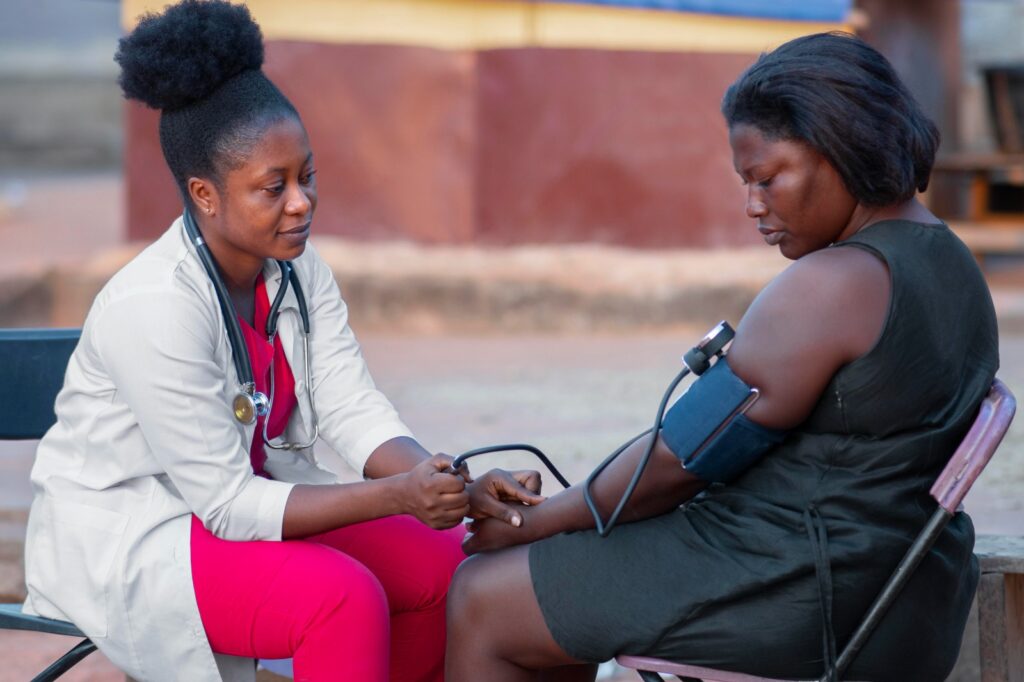Introduction
The Role of Law Enforcement in Handling Domestic Violence Cases
Domestic violence is a widespread issue that impacts people of all ages, genders, socioeconomic levels, and cultural backgrounds. Handling domestic violence cases involving women requires a multifaceted approach, prioritizing the safety and well-being of the victim. Law enforcement agencies play a vital role in combating and preventing domestic violence by prioritizing victim safety, enforcing protective measures, conducting investigations, and ensuring offenders are held accountable.
Understanding Domestic Violence
Domestic violence includes various forms of abuse, such as physical harm, emotional mistreatment, psychological manipulation, financial control, and sexual violence. It is not just a private or domestic concern but a serious criminal act that necessitates legal action.
The Role of Law Enforcement in Domestic Violence Cases
-
Immediate Response to Domestic Violence Calls
- Ensuring Victim Safety – Officers must separate the victim and perpetrator, provide medical assistance if need, and assess the level of immediate danger.
- Securing the Crime Scene – Collecting evidence, including photographs of injuries, property damage, and any other indicators of abuse.
- Interviewing Witnesses – Speaking to the victim, suspect, children, or neighbors who may provide relevant information.
- Assessing the Risk – Determining the likelihood of further harm and recommending protective measures.
-
Enforcement of Protective Orders
Protective orders (restraining orders) serve as legal measures to prevent abusers from contacting or harming their victims. Law enforcement officers play a crucial role in:
- Enforcing court-issued protective orders.
- Arresting violators who breach the terms of the order.
- Educating victims about their legal rights and available protection mechanisms.
-
Investigation and Evidence Collection
- A thorough investigation is critical in securing a conviction in domestic violence cases. Law enforcement officers must:
- Document injuries and property damage.
- Obtain statements from the victim, suspect, and witnesses.
- Gather medical reports, 911 call recordings, and surveillance footage.
- Work with forensic specialists if necessary.
-
Arrest and Prosecution
- Many jurisdictions have mandatory arrest policies in domestic violence cases to prevent further harm. Officers should:
- Arrest the perpetrator if sufficient evidence exists.
- File detailed police report to support prosecution.
- Collaborate with prosecutors to ensure a strong legal case against the abuser.
-
Supporting Victims and Referrals
- Victims of domestic violence require long-term support. Law enforcement agencies should:
- Provide victims with contact information for shelters, counseling services, and legal aid.
- Refer victims to social services, advocacy groups, and crisis intervention programs.
- Work with child protective services if minors are involved.
-
Community Outreach and Prevention
Beyond responding to individual cases, law enforcement should engage in community awareness initiatives, including:
- Conducting public education campaigns on domestic violence awareness.
- Training officers on trauma-informed approaches to handling victims.
- Partnering with social workers, non-profits, and local organizations to prevent domestic violence.
Challenges Faced by Law Enforcement
- Despite their critical role, law enforcement officers encounter several challenges in handling domestic violence cases:
- Victim Reluctance – Many victims hesitate to report abuse due to fear, economic dependence, or emotional attachment to the abuser.
- Lack of Evidence – In some cases, victims may refuse to cooperate, making prosecution difficult.
- Repeat Offenses – Some offenders continue abusive behavior even after intervention, requiring repeated law enforcement involvement.
- Officer Bias and Insufficient Training – Some officers may misinterpret domestic violence cases, especially when emotional or psychological abuse is involved.
- Resource Limitations – Law enforcement agencies may lack the necessary resources for victim support, shelter referrals, and long-term monitoring of cases.
Best Practices for Law Enforcement in Domestic Violence Cases
To improve their response to domestic violence cases, law enforcement agencies should adopt the following best practices:
- Mandatory Training – Officers should undergo specialized training on handling domestic violence cases with sensitivity and effectiveness.
- Trauma-Informed Policing – Officers should recognize the psychological impact of domestic violence and approach victims with empathy.
- Collaboration with Other Agencies – Partnering with legal aid organizations, shelters, and healthcare providers can enhance victim support.
- Data-Driven Approaches – Maintaining accurate records of domestic violence cases can help identify patterns and repeat offenders.
- Stronger Legal Frameworks – Advocating for stricter laws and policies to protect victims and hold abusers accountable.
Conclusion
Law enforcement plays a crucial role in addressing domestic violence by protecting victims, arresting offenders, enforcing protective orders, and collaborating with community organizations. Despite challenges, adopting best practices such as specialized training, trauma-informed responses, and multi-agency cooperation can enhance law enforcement’s ability to combat domestic violence effectively. A holistic approach that includes prevention, intervention, and legal action is essential in creating a safer society for all individuals affected by domestic abuse.









